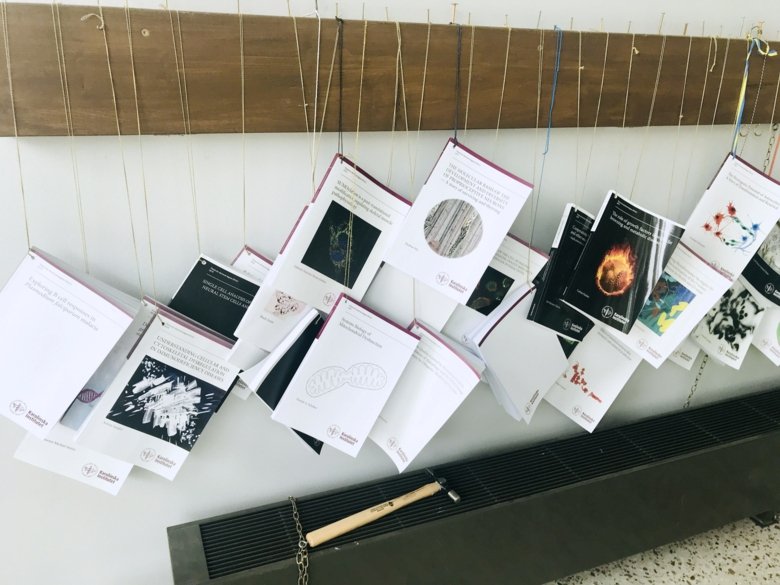
The authors of a paper in a cancer journal have retracted it after acknowledging they lifted parts of it from a thesis about an unrelated topic.
Here’s the retraction notice for “Regulation of RUNX3 Expression by DNA Methylation in Prostate Cancer,” originally published in July 2020 in Cancer Management and Research, a Dove title:
At the authors request, the Editor and Publisher of Cancer Management and Research wish to retract the published article. The authors have informed the journal that parts of the article were copied directly from the thesis of another researcher without their knowledge. The subject of the thesis was the regulation of CAMK2N1 gene expression and shared no relationship to the study described in the published article. The authors altered the information taken from the thesis and added it to the results presented in the article. The specific parts of the article taken from thesis were:
Figure 1B, 1C, 1D and 1E
Figure 2C
The authors accept data falsification is a serious issue and is in breach of the journal’s editorial polices and requested to retract the article. The authors wish to apologise for this action.
Our decision-making was informed by our policy on publishing ethics and integrity and the COPE guidelines on retraction.
The retracted article will remain online to maintain the scholarly record, but it will be digitally watermarked on each page as “Retracted”.
Eileen O’Reilly, of Memorial Sloan Kettering Cancer Center and the handling editor on the paper, forward our request for comment to Dove. Shay O’Neill, the peer review and research integrity manager at Dove, now part of Taylor & Francis, provided Retraction Watch with a bit more context:
In this particular case the corresponding author contacted our Editorial office requesting a retraction because they had copied parts of their paper from another researchers thesis. The author shared a copy of the thesis and said he had taken screenshots from it and altered the details to make it look like new data which was then added to their paper. He told me which parts had been copied. We confirmed this and agreed it was grounds for a retraction.
The thesis was not related to the study described in the publication.
Alimu Reheman, the corresponding author of the paper and a researcher at The Second Affiliated Hospital of Xinjiang Medical University in Urumqi in the Xinjiang Uygur Autonomous Region of China, did not respond to a request for comment.
Like Retraction Watch? You can make a one-time tax-deductible contribution by PayPal or by Square, or a monthly tax-deductible donation by Paypal to support our work, follow us on Twitter, like us on Facebook, add us to your RSS reader, or subscribe to our daily digest. If you find a retraction that’s not in our database, you can let us know here. For comments or feedback, email us at [email protected].